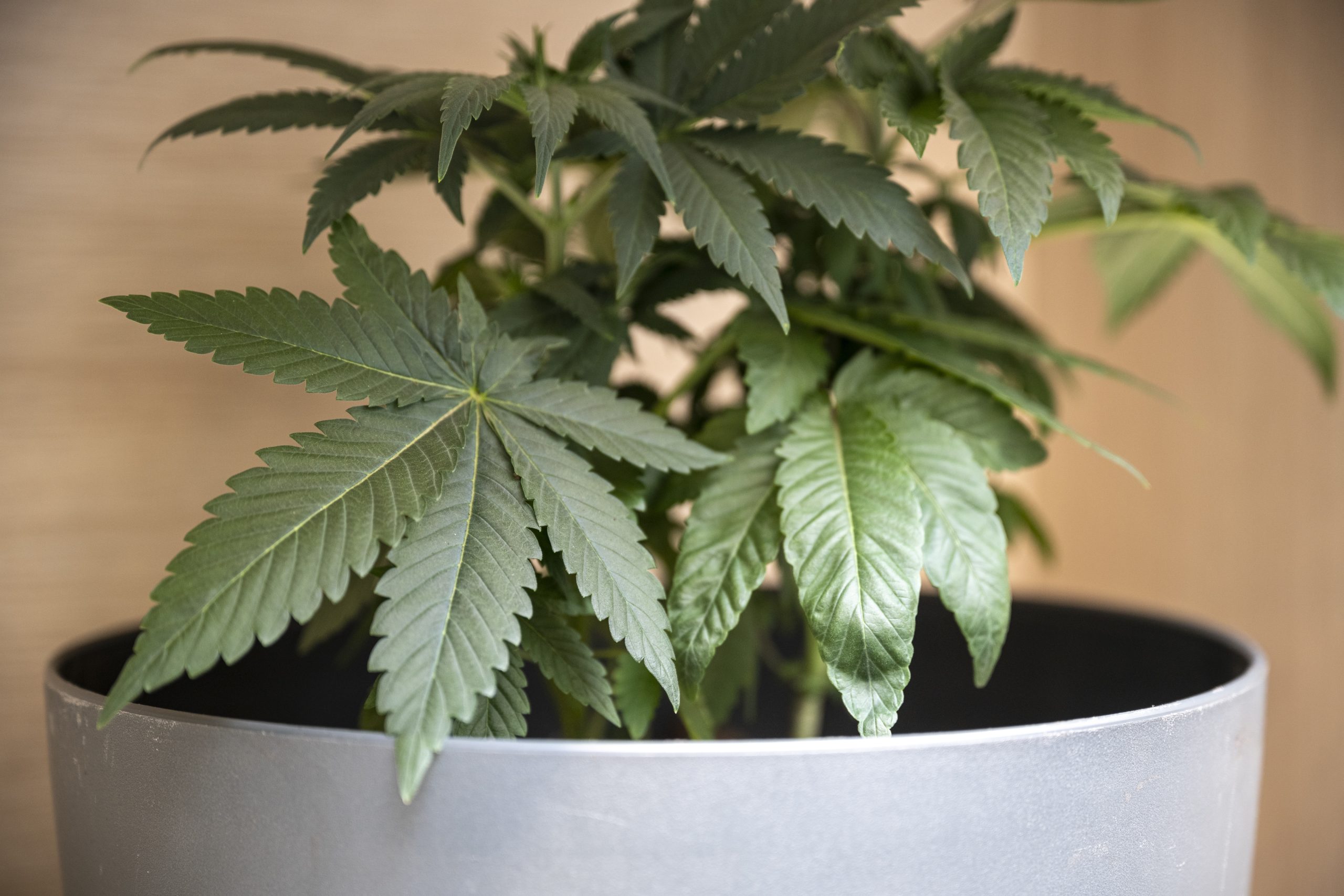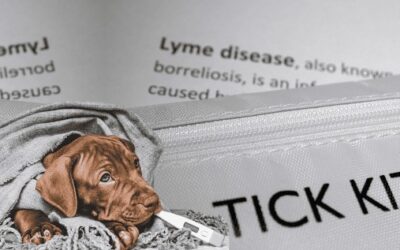Is Cannabis Toxic To Dogs?

As cannabis becomes more widely used for medicinal and recreational purposes, pet owners need to be aware of its potential risks for dogs. Unlike humans, dogs are highly sensitive to tetrahydrocannabinol (THC), the psychoactive component of cannabis. Even small amounts can cause significant health issues due to their increased number of cannabinoid receptors.
Why Are Dogs More Sensitive to THC?
Dogs metabolize THC differently than humans, making them more vulnerable to its effects. Their endocannabinoid system, which regulates various bodily functions, can be overwhelmed by external cannabinoids. This means that what may be a mild dose for a human can cause serious symptoms in a dog.
Can Cannabis Be Harmful to Dogs?
While cannabis poisoning in dogs is rarely fatal, it can lead to severe complications. Symptoms of THC toxicity in dogs include:
- Disorientation and confusion
- Loss of coordination (ataxia)
- Vomiting and diarrhea
- Excessive drooling
- Tremors or seizures
- Slowed or irregular heart rate
- Respiratory distress
- Lethargy or hyperactivity
In some cases, dogs may develop aspiration pneumonia, a dangerous condition where vomit enters the lungs. Smaller dogs are especially at risk due to their lower body weight.
Recognizing Cannabis Toxicity in Dogs
Symptoms of cannabis toxicity can appear within 30 minutes to several hours after exposure and may last for hours or even days. The severity depends on the dose, method of ingestion, and the dog’s size.
Signs to watch for:
- Neurological Issues: Lack of coordination, tremors, excessive lethargy, or hyperactivity.
- Gastrointestinal Problems: Vomiting, diarrhea, or excessive drooling.
- Cardiovascular Changes: Rapid or slowed heart rate, low blood pressure.
- Respiratory Symptoms: Difficulty breathing or slowed respiratory rate.
Can Secondhand Cannabis Smoke Affect Dogs?
Yes. Dogs can absorb THC through inhalation, leading to symptoms similar to direct ingestion. Poor ventilation can worsen the effects, particularly for dogs with respiratory conditions. Additionally, cannabis residues on surfaces or clothing may pose risks if a dog licks or chews contaminated items.
What to Do If Your Dog Ingests Cannabis
If you suspect your dog has consumed cannabis, take the following steps:
- Assess the Situation: Determine the amount ingested and when it happened.
- Contact a Veterinarian Immediately: Provide details about the exposure.
- Do Not Induce Vomiting Unless Instructed: It may worsen the situation.
- Keep Your Dog Calm and Comfortable: Prevent injuries from disorientation.
- Monitor Vital Signs: Watch for changes in breathing, heart rate, or coordination.
- Seek Emergency Care if Necessary: Severe symptoms require urgent veterinary attention.
Treatment Options for Cannabis Toxicity
As written in the article medically reviewed by Amy Flowers, DVM, “Treatment options may vary depending on how bad the symptoms are. If the vet sees your dog less than 30 minutes after the pot was eaten, it may be possible to induce vomiting. After 30 minutes, it becomes too hard and risky.
If the reaction is severe, your dog may need to be hospitalized.
If this is the case, treatments may include:
- Drugs to stop vomiting and nausea
- Drugs for agitation, tremors, or seizures
- Intravenous (IV) fluids given through a catheter
- Activated charcoal to reduce the amount of THC absorbed
- Temperature therapy, involving warming or cooling
In some serious cases, your vet may also give intralipid therapy. It’s a type of IV solution that absorbs THC from the bloodstream.
For the best results, tell your vet the whole truth and don’t hide anything.”
How Can Pet Insurance Help You if Your Dog Needs a Treatment?
Pet insurance can be a valuable tool in managing the costs of treating a dog’s veterinary expenses. By having a pet insurance policy in place, you can have peace of mind knowing that you can provide medical care for your furry companion without worrying about the financial burden. Pet insurance can help cover the costs of veterinary consultations, diagnostic tests, medications, and even specialized treatments if required.
Reimbursement
This method is the most common for pet insurance companies. You pay out of pocket for the veterinarian bill, and then the insurance company reimburses you for what’s covered under the insurance plan. The steps look like this.
- You pay the vet bill after your dog’s visit.
- You fill out the pet insurance claim form.
- Submit the claim form and other required documentation to the insurer.
- After the claim is approved, you will be reimbursed for eligible expenses.
What Does Odie Pet Insurance Cover?
Pet insurance covers various veterinary expenses, providing financial protection and peace of mind for pet owners. Here are the details of the coverage options offered by Odie Pet Insurance:
Illness & Injury Plan
The Illness & Injury Plan is an all-inclusive insurance plan designed to cover a wide range of medical needs for your pet. This plan includes comprehensive coverage for various illnesses, injuries, and veterinary services. Some of the covered items include:
- Veterinary exams and consultations
- Diagnostics (e.g., X-rays, lab tests)
- Prescribed medications
- Surgeries and hospitalization
- Rehabilitation, acupuncture, or chiropractic treatments
- Medically necessary supplies
The Wellness Plan
The Wellness Plan is a monthly membership that focuses on preventive care and covers routine veterinary services.
- Provides reimbursements for routine care items such as wellness visits (exams and vaccines), testing and parasite prevention, dental cleanings and at-home dental care, vitamins, supplements, and more.
- Through Odie’s partnership with Petivity, a leader in smart pet products and proactive care, Wellness Plan members can also receive reimbursements for Petivity devices and health kits, as well as eligible Purina food and supplements.
- Total reimbursement up to $700 per year.



